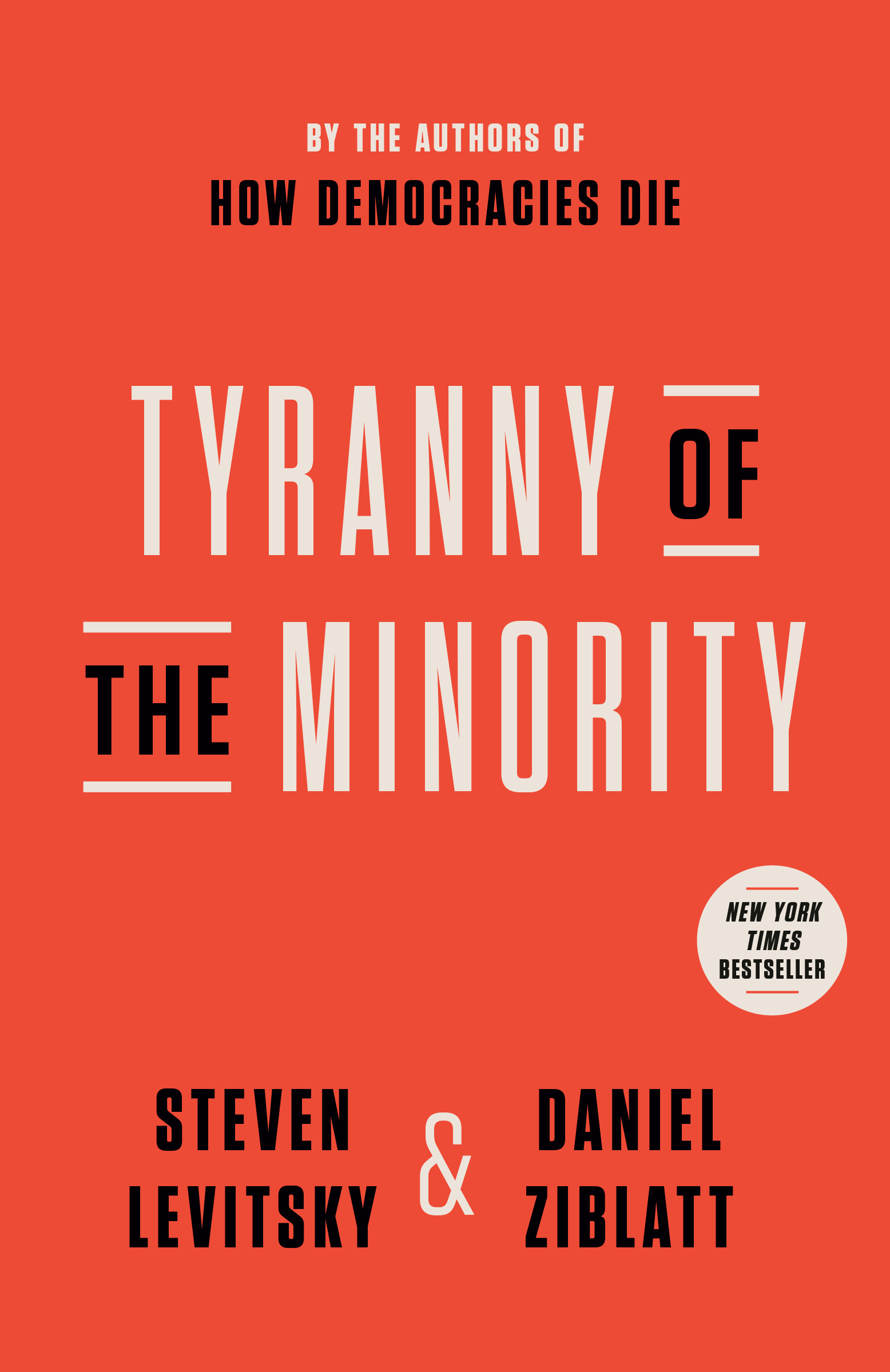What do you think?
Rate this book


384 pages, Paperback
First published September 12, 2023
"Loving America with a broken heart means recognizing our own country's failure to live up to its stated democratic ideals--its failure, for too long, to provide liberty and justice for all. It means committing ourselves to achieving those ideals, by building an inclusive, multiracial democracy that all Americans can embrace."That terrific paragraph appears in the final (optimism-imbued) chapter of this welcome follow-up to the authors' 'How Democracies Die'. Both books seem to ooze the kind of urgency one might feel while reading a high-quality, politically charged suspense novel. ~ except, of course, that this is the stuff of all-too-real real life. ~ and this new book hits closer to home since its focus *is* our home... and how we're being placed on the edge of losing where we live.